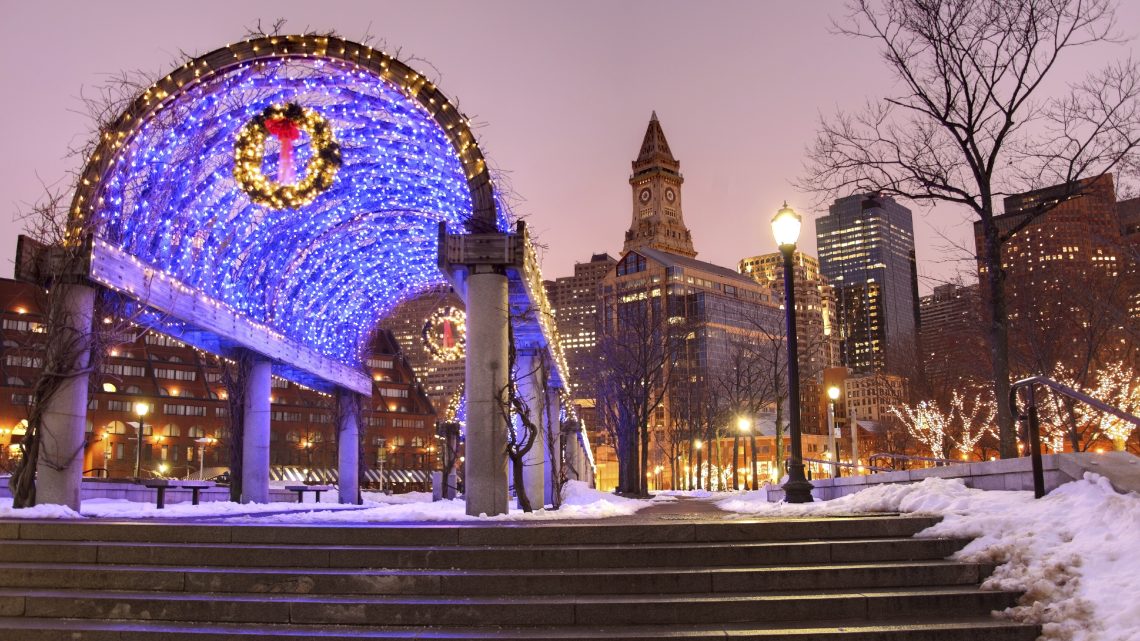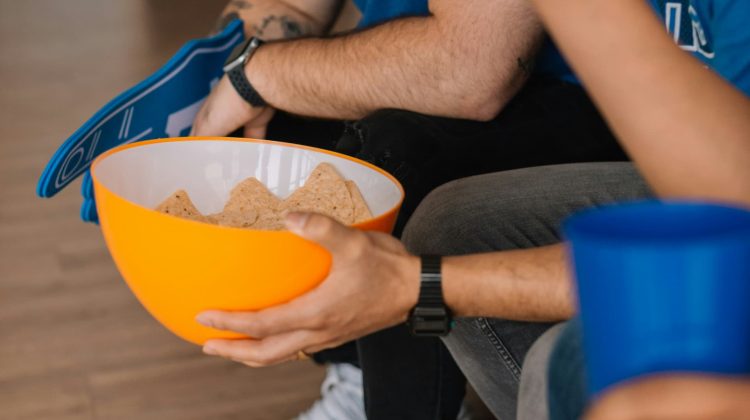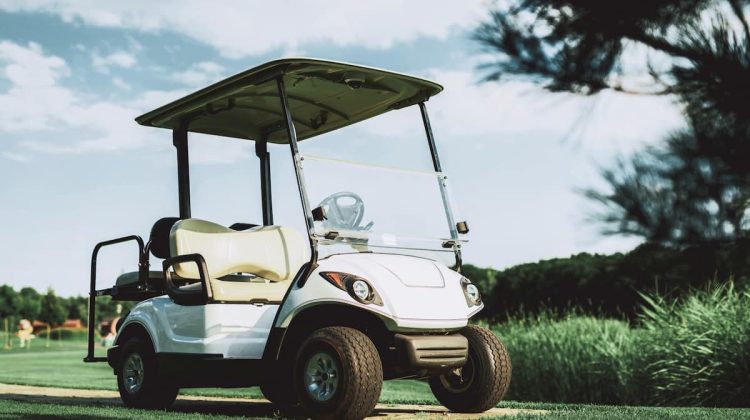Winter brings its own set of challenges, ensuring your home is safe during the winter months is crucial. From preventing accidents on icy driveways to protecting your family from hidden indoor dangers, these home winter safety tips will help you protect your house, stay warm and avoid costly damages.
Preparing your Home for Winter
The first step to staying safe during winter is preparing your home before the cold weather sets in.
- Inspect and Seal Windows and Doors: Check for drafts around windows and doors. Even small gaps can let in cold air and raise your heating costs. Sealing these gaps with weatherstripping or caulk can make a noticeable difference.
- Clear Gutters to Prevent Ice Dams: Leaves and debris left behind can lead to ice dams, which form when water freezes up and backs up under your roof. The water that backs up behind the dam can leak into your home, causing damage to the roof, walls, ceilings, insulation and other areas.
- Stock up on Emergency Supplies: Take the time to prepare by stocking up on essential supplies. Batteries, flashlights, a first-aid kit, non-perishable foods and blankets can help keep you safe and comfortable in the event you lose power.
Keeping Your Driveway Safe
A slippery driveway can quickly become a hazard during snowy or icy weather. Applying rock salt is an effective way to prevent ice build ups. Alternatively, products such as calcium chloride or sand can effectively improve traction without being as harsh on your driveway or landscaping.
Shoveling is another key part of driveway maintenance during the winter. To avoid injury, use an ergonomic shovel and push snow rather than lifting when possible. Remember to pace yourself and take breaks during heavy snowfalls to reduce the risk of overexertion. Alternatively, you can use a snowblower, while they’re more expensive than a shovel and require regular maintenance, it’s a more efficient option that can be repurposed for your lawn or garden outside of winter months.
Space Heater Safety Tips
Space heaters are a convenient way to stay warm, but pose risks if used improperly.
- Maintain Proper Placement: Place your space heater on a flat, stable surface away from curtains, carpets and other flammable materials.
- Always Turn off While Unattended: Always turn off your space heater when leaving the room or going to sleep.
- Inspect for Damage: Check for frayed cords or other signs of wear before using your heater.
If a space heater causes a fire due to a manufacturing defect, consulting a product liability lawyer can help determine if legal action is warranted.
Avoid Carbon Monoxide Poisoning This Winter
Carbon monoxide (CO) is a serious winter hazard, often stemming from heating systems and appliances. Known as the “silent killer,” carbon monoxide is odorless, colorless and accumulates without warning. Each year in the United States, more than 400 Americans die from unintentional CO poisoning not related to fires. Here are a few steps you can use to minimize the risk of Carbon Monoxide poisoning.
- Service Your Appliances: Have a professional inspect your furnace, water heater, and other gas appliances before winter to ensure they’re operating safely and properly.
- Install CO Detectors: Place detectors near bedrooms and gas appliances, and test them regularly. Replace batteries as needed to ensure they’re always operating.
- Ensure Proper Ventilation: Keep vents and chimneys free of snow, ice and debris to prevent dangerous gas buildup.
Prevent Frozen Pipes This Winter
Frozen pipes are not only an inconvenience but can also lead to costly water damage if they burst. During extremely cold weather, water inside pipes can freeze and expand, creating pressure that may cause your pipes to crack or break. Fortunately, with a few preventative steps, you can greatly reduce the chances of this occurring and protect your home from avoidable damage.
- Insulate Pipes: Wrap pipes in basements, attics, and other unheated areas with insulation to prevent freezing.
- Maintain a Consistent Temperature: Keep your thermostat at a steady temperature, even while away, to minimize the risk of frozen pipes.
- Let Faucets Drip: When temperatures dip below freezing, let your faucets drip to allow for a constant flow throughout your pipes, minimizing the chance of freezing to occur.
What to do if Pipes Freeze:
If you suspect a frozen pipe, turn off the main water supply to avoid further damage. Gradually apply heat to the frozen section using a hairdryer or heating pad, never use an open flame. Knowing the location of your shut-off valve can save valuable time in the event of an emergency.
Ensuring a Safe and Warm Winer
Winter comes with its own set of challenges, but taking the right precautions can make the season safer and more manageable. Whether you’re sealing drafts, maintaining appliances, or preparing for snow, proactive measures go a long way in protecting your family and home.
If you encounter issues caused by defective products, such as space heaters or carbon monoxide detectors, a product liability lawyer can help you navigate through your options. By staying prepared, you can enjoy the cold months with peace of mind.





No Comment